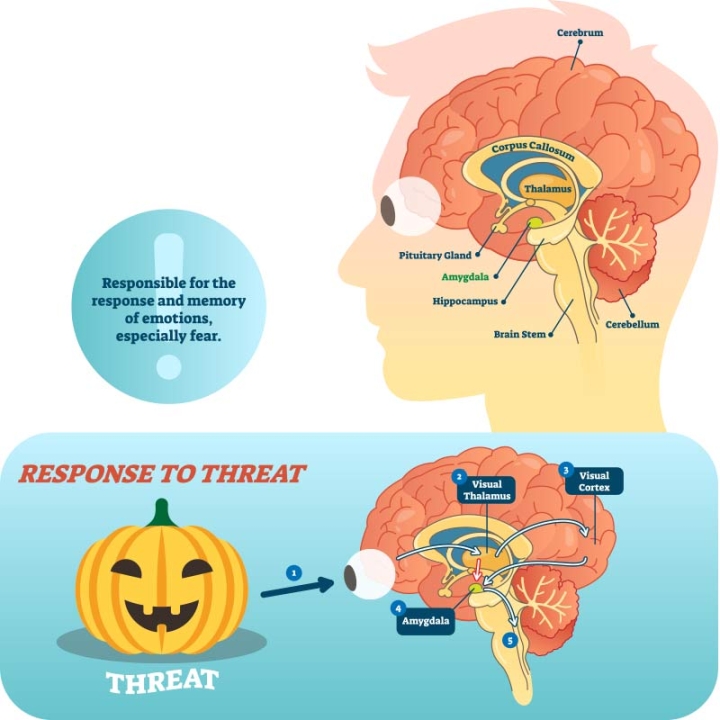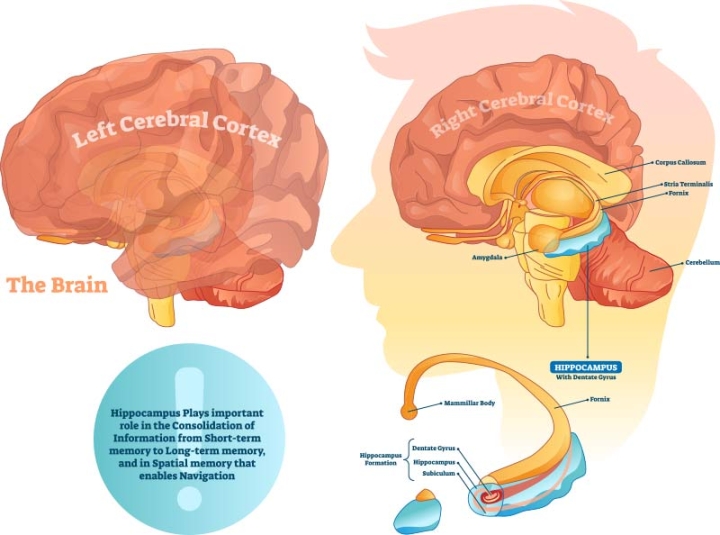EMDR Therapy Norwich Norfolk
(Eye Movement Desensitisation & Reprocessing)
About EMDR Therapy
EMDR therapy processes old disturbing memories and events with eye movements (BLS) Bilateral Stimulation. It is a fast and effective treatment for PTSD, Trauma, Anxiety, Depression, Relationship difficulties and any old disturbing memories or life events that cause you emotional, psychological or physical distress in the present.
Eye Movement Desensitisation and Reprocessing (EMDR) therapy is evidence based recommended by the National Institute for Health and Care Excellence (NICE) guideline for treating PTSD (Post-traumatic stress disorder). It can also help various mental health difficulties.
Trauma may present with a range of symptoms such as anxiety disorders, depression, sleep problems, re-experiencing, anger, hypervigilance, emotional difficulties plus much more.
The traumatic events remains locked within our nervous system and brain as a raw unprocessed memory. We can get triggered over and over again in the present moment causing distress and disturbance in daily life which stops us from living the life we want.
EMDR (BLS) Bilateral Stimulation, establishes new connections and files the event so the traumatic experience can be thought of and talked about as a past event and no longer impacting on us emotionally, psychologically and physiologically in the present.
EMDR therapy sets you free and resolves the old problems.
Clients can recover quickly with EMDR therapy, usually within 6-24 sessions. This depends on how many life events a client needs to process.
EMDR History
It was developed by an American Psychologist Francine Shapiro in 1987. EMDR uses Rapid Eye Movement (REM) as the basis for treatment. Rapid Eye Movement (REM) is a natural function of the body and occurs when we are in deep sleep. The body uses REM sleep to help it to process daily emotional experiences.Book A Free 15 Minute Initial Consultation
Fees
£90.00 for a 50 minute session
£150.00 for a 90 minute session
£350.00 for 3 hour session
£700.00 for 6 hour session
Set Yourself Free Call Me 077921 45455 or email [email protected]
How Often Are Sessions?
Your sessions may be weekly or fortnightly and you will have an opportunity to agree the number of sessions dependant on your treatment plan.

What to Expect from EMDR Therapy
EMDR Therapy is an eight phased protocol, including history taking, looking at your childhood, relationships, how you feel about yourself. I’ll ask you questions, what brought you to therapy, what are your current difficulties, what would you like to be different at the end of therapy. This is so we can check your progress ensuring wemeet your needs and goals.
Once we’ve completed the history taking we will installed a safe place. Choosing a place or somewhere that you feel peaceful, safe or calm and focussing on the pleasing sensations. Using (BLS) Bilateral Stimulation slow tapping or slow eye movements, following the light on the light bar to enhance the feeling. When you are ready we will start processing events while following the fast light on the light bar with eye movements.
The eye movements will last for a few seconds and then stop. I will then ask you to report back on what you are noticing now. You might notice changes in thoughts, images, body sensations and feelings. Gradually you will feel calmer and start to recall the event in a more adaptive way. We aim to process until the image or event is no longer disturbing for you and you feel neutral.
EMDR Therapy and the Brain
The limbic system is often referred to as our 'emotional brain' or 'childish brain'. It is found buried within the cerebrum and contains the Thalamus, Hypothalamus, Amygdala and Hippocampus.
In EMDR Processing we use Bilateral Stimulation (eye movements or tapping) a connection takes place of the Amygdala and Hippocampus, filing the distress where it should be as a past memory.

The Amygdala
The Amygdala plays a role in regulating emotions and the formation of fear responses. 'Fight, flight or freeze' response to threat.
With trauma the amygdala is hyperactive or over responsive leading to hypervigilance.

The Hippocampus
The Hippocampus is particularly important in forming memories, and connecting emotions and senses, such as smell and sound, to memories.
The hippocampal abnormalities contribute to the intrusive memories, flashbacks, and fragmented recollections often experienced by individuals with PTSD.
About Me
Accredited EMDR Practitioner with the EMDR Association UK & Europe. Currently in further training as an EMDR Consultant which means I supervise other EMDR therapist.
Certificates in Part 1, 2 & 3 of EMDR Therapy with EMDR Extra. Also offering EMDR Supervision 121 or within groups.
Accredited Practitioners are recognised as having demonstrated their competence and skills in the practice of EMDR therapy under supervision of an EMDR Consultant.
Please see the videos from the EMDR Association on what to expect from EMDR therapy and choosing your therapist.

